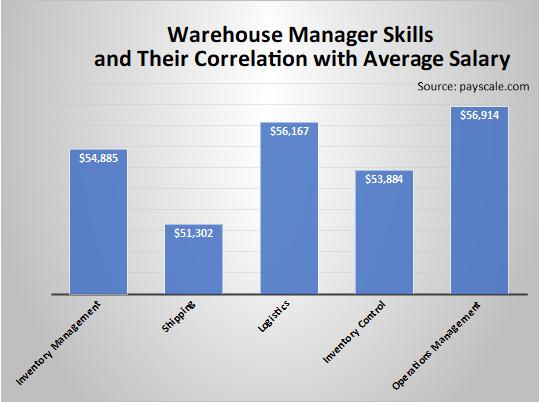Agility – Playing Musical Chairs
May 13, 2016
Should musical chairs be an Olympic event? Or maybe it should be a scientific degree at colleges and universities. Perhaps it could be a business or art degree.
Not many would take this childhood game seriously, but understanding this game’s dynamics may help you overcome the most important crisis you may face in your entire business career.
The game consists of lining up chairs and playing music. Children walk around the chairs until the music stops and they must then quickly sit down. Each time the music stops, a chair is removed and someone who can’t find a chair to sit on is eliminated. This game, like many other childhood games, mirrors the cruel side of real life.
Consider this example that recently took place in Canada. Jorge Paulo Lemann, a Swiss-Brazilian who is the fourth richest billionaire and owns 3G Capital, purchased Burger King. All was well and good until 3G made a move to control the vertical market by taking over Heinz Ketchup. This makes sense: Burger King uses lots of ketchup.
The trouble is so does Burger King’s main competitor: McDonald’s. Heinz was a main supplier to both McDonald’s and Burger King. The move made McDonald’s vulnerable. Burger King could outflank them (i.e. could cut off their ketchup supply, increase the price). McDonald’s instantly dropped the Heinz contract. What happened next is similar to musical chairs: given that McDonald’s was Heinz’s largest customer, this loss of business forced Heinz to downsize. They closed their Leamington plant in Ontario, forcing hundreds of workers out of a job and resulting in an entire farming community to go without income.
This is an example of musical chairs without the music.
Fortunately, in this case, the demand for ketchup did not go down. No one actually removed a “Ketchup chair”. Instead, French’s Mustard has purchased the plant and is getting into the ketchup business, aligning itself with McDonald’s and with Canadians.
But things good have been different. Sometimes in this game of musical chairs, no one removes a chair, but rather they sometimes add a new competitor. The music stops and another player is added to the game with the same results—when the music stops again, someone is left standing.
In today’s world, there is an abundance of everything. Even though Leamington is the best place in the world to grow tomatoes, they could have easily lost their seat. Musical chairs may not yet be an Olympic sport, but it can take on ‘olympic’ proportions in your business dynamics. It is easy to ignore this on a day-to-day basis and to take the music for granted—until the day the music stops.
So, how do you become a master at playing musical chairs?
The electrical industry is full of musical chairs’ scenarios. Who carries whose line? Who acquires whom? Who offers volume discounts? It is impossible to get away from this game. If you want to be successful, you must recognize the need to master the game; otherwise, you could be left standing alone.
Here are some key factors to consider when “playing” the game:
- Have strength in the market. McDonald’s can afford to drop a customer. They do enough business that they will always get someone interested in quoting. In fact, that they could easily convince someone to drop another customer to take them on.
- If you do not have the strength, you need to know the players. You should develop relationships with suppliers and customers you don’t currently deal with. Open up the lines of communications, should you need to make a call one day.
- Take some time to study the marketplace and the possible scenarios. If you know one company is up for sale, think about who could buy it and what would happen if they did. Follow out the scenario and see how it might affect you.
- Be realistic about your position in the marketplace (Heinz thought they were too big for McDonald’s to drop them). Talk to your customers and suppliers about the pressures they are in. Get a better feel for the relationships between others and their business philosophy.
- Be proactive. If the music is about to stop, make the first move before you miss your seat.
Rick McCarten is VP, Operations, Electro-Federation Canada.
More from Rick McCarten in CEW:
Agility – Playing Musical Chairs
Agility: Knowing Your Competition
Agility: The Customer Landscape
Agility is the New Lean: Alexander Defeats the Persians
Should Distributors Sell Robots?
Adapting to the Future with Young Talent
Health and Sciences Could take a Lesson from the Electrical Industry
The Gap Between “Us” and “Them”
Could our Industry Lose the Lighting Market?
Our Industry Needs to Help Canada Skate to Where the Puck is Going to Be
Change is About to Hit Our Industry
Drones: Coming Soon to Your Business!
Opinion – Sales in the 21st Century
Using Data to Forecast Your Sales
Walmart Versus Amazon
Look to Big Data for Little Answers
Distributors Should Promote Energy Efficiency
Collectively, We Know Everything: Electrical Business Confidence Index











